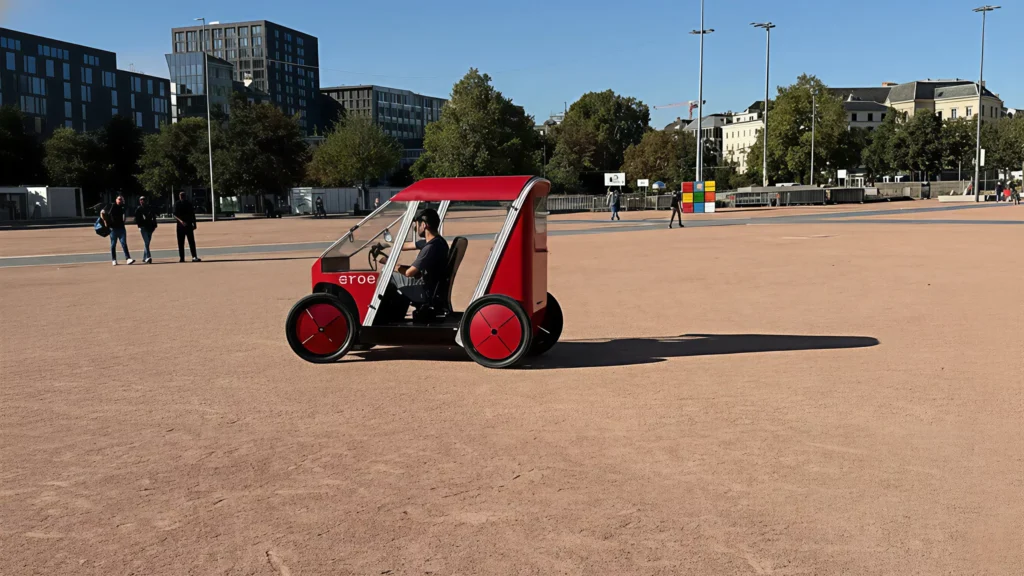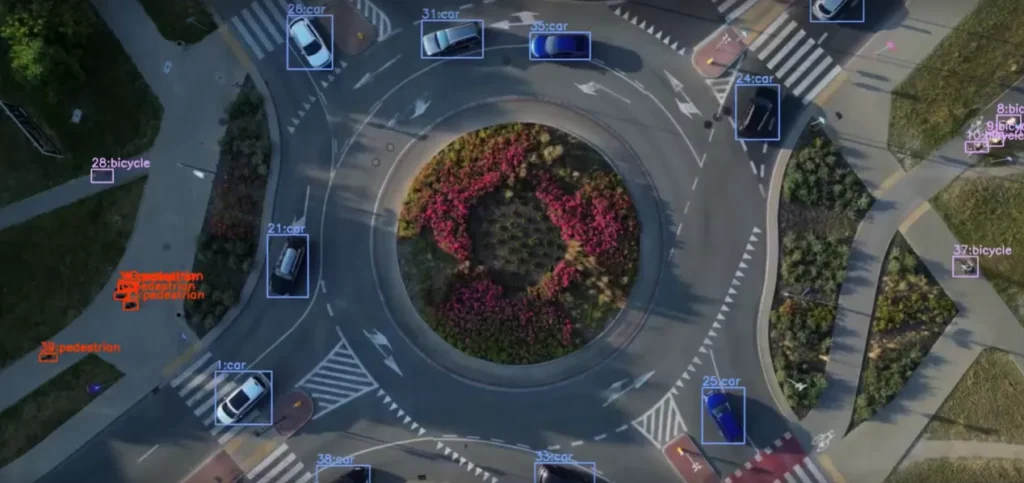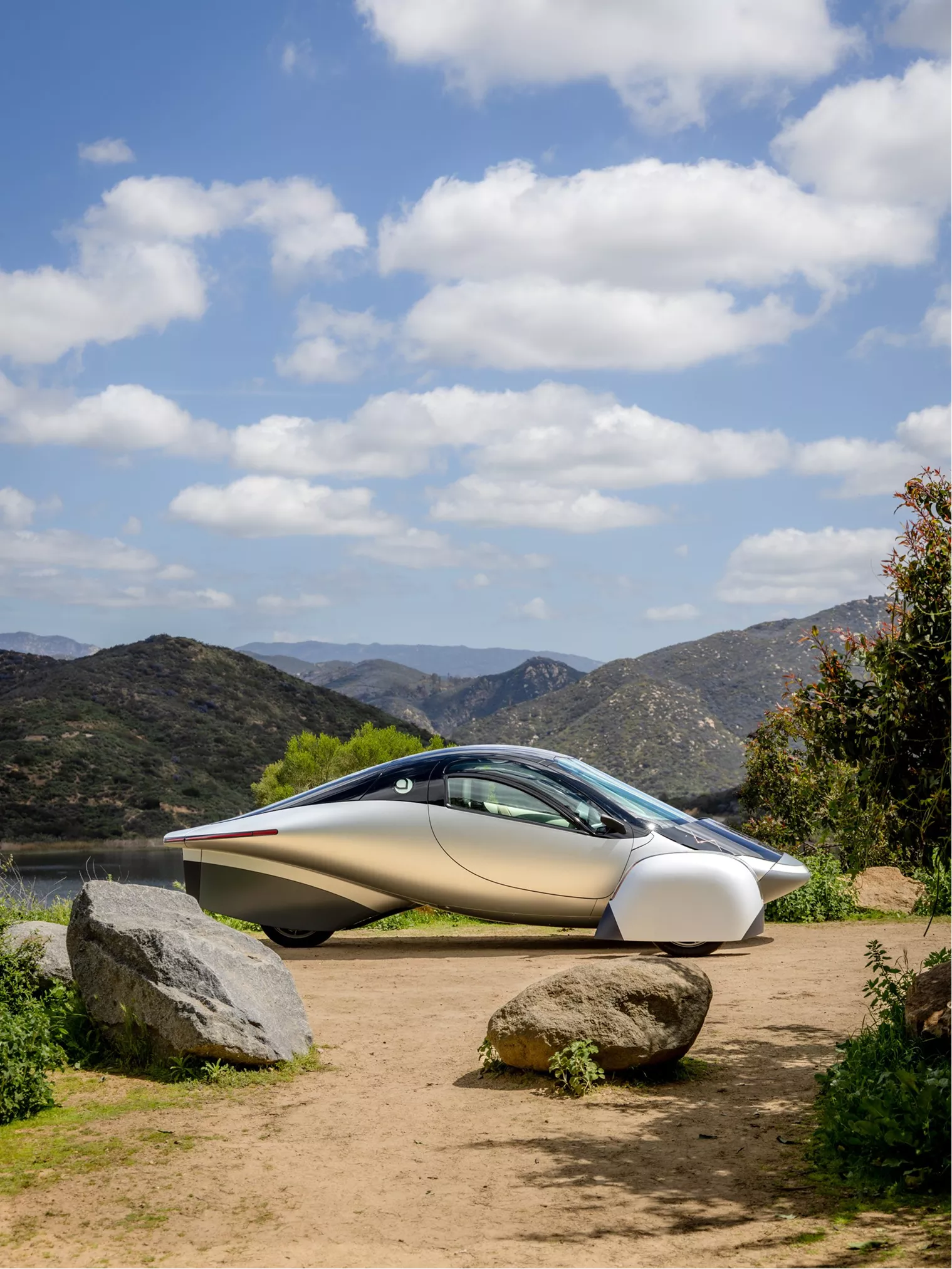






From EVs and batteries to autonomous vehicles and urban transport, we cover what actually matters. Delivered to your inbox weekly.

Taiwan’s Foxtron is building Mitsubishi’s next EV. This is a shift in who owns the future of carmaking.
Mitsubishi Motors is officially outsourcing its EV rebound. The Japanese automaker has signed a memorandum of understanding with Foxtron, the electric vehicle arm of Taiwan’s Foxconn, to develop and manufacture a new battery-electric model targeting the Southeast Asian market.
At first glance, this looks like just another OEM partnership. But the stakes run deeper. Mitsubishi is relinquishing architectural control. The vehicle will be built on Foxtron’s MIH platform, a modular EV chassis designed to serve as an open standard for global automakers.
In other words: Mitsubishi’s future EV won’t be Mitsubishi-built at the core. It’ll be Foxconn tech under the hood.
This isn’t Mitsubishi’s first EV experiment. The i-MiEV launched in 2009 was one of the world’s earliest production EVs, but it flopped commercially. The company has since lagged behind rivals like Nissan and BYD in electrification strategy.
Now, by aligning with Foxtron, Mitsubishi signals it no longer has the time — or balance sheet — to build from scratch.
Foxtron, meanwhile, is not just a parts supplier. It’s a platform architect with ambitions to become the Android of the EV world. The MIH platform is modular, upgradable, and software-friendly, designed for rapid deployment across markets.
Foxtron already has partnerships with Yulon, Lordstown Motors, and even Apple-adjacent rumors. Mitsubishi is now a new node in that expanding web.
Foxconn is a global electronics behemoth. Mitsubishi is a legacy automaker with declining influence. This partnership signals a broader industrial shift: EVs are eroding the traditional dominance of carmakers and pulling in consumer electronics giants through platforms, batteries, and software stacks.
Taiwan’s entry into the EV market is no longer theoretical. It’s producing full vehicles for Japanese brands.
The car will target Southeast Asia, a region often overlooked in EV strategy. But with urbanization, motorcycle-to-car transitions, and favorable demographics, it’s becoming a prime theater for new mobility models.
Mitsubishi, still strong in markets like Indonesia and Thailand, wants to defend that base. Foxtron provides the cost-effective path to do it.
Foxconn is signaling that carmaking can become commodified at the chassis level.
Automakers unwilling to invest $10B in bespoke EV platforms will either white-label someone else’s or become irrelevant. Just like smartphone brands that rely on Qualcomm and Android, car companies are heading for a supplier-led stack.
When a Mitsubishi EV rolls out in 2025, the logo on the hood may say Japan. But the tech, tooling, and platform DNA will say Taiwan. The deeper shift is that design authority is migrating away from automakers to platform providers. Foxtron isn’t just enabling Mitsubishi’s return—it’s rewriting who gets to lead in the post-ICE era.
Which legacy automaker is next to lose platform sovereignty? And does it even matter anymore?